American Psychiatric Association [web resource]
 The American Psychiatric Association is primarily a professional organization of psychiatrists working together to ensure humane care and effective treatment for all persons with mental illness, including substance use disorders.
The American Psychiatric Association is primarily a professional organization of psychiatrists working together to ensure humane care and effective treatment for all persons with mental illness, including substance use disorders.
As a service to the community, the American Psychiatric Association website offers accessible content that was designed for a general audience, patients, and their families.


 A new game developed by
A new game developed by 
 Avoidant Restrictive Food Intake Disorder (ARFID) was previously referred to as “Selective Eating Disorder.” ARFID is similar to anorexia in that both disorders involve limitations in the amount and/or types of food consumed, but unlike anorexia, ARFID does not involve body image issues.
Avoidant Restrictive Food Intake Disorder (ARFID) was previously referred to as “Selective Eating Disorder.” ARFID is similar to anorexia in that both disorders involve limitations in the amount and/or types of food consumed, but unlike anorexia, ARFID does not involve body image issues.
 Mental health among autistic individuals is an underdeveloped area of research—a situation that many autistic people are advocating to change. This is especially crucial since rates of depression and thoughts of suicide are higher among autistic people than in the general population.
Mental health among autistic individuals is an underdeveloped area of research—a situation that many autistic people are advocating to change. This is especially crucial since rates of depression and thoughts of suicide are higher among autistic people than in the general population. 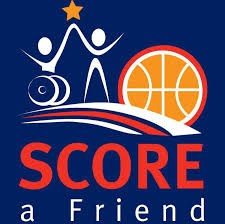
 Sarah Greichen came up with the idea for
Sarah Greichen came up with the idea for 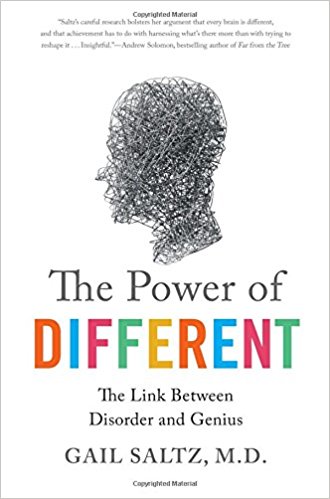
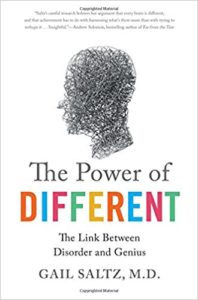 There are numerous examples of people with learning disabilities and mental health disorders doing extraordinary things: the child on the autism spectrum who is masterful at putting together incredibly intricate Lego creations, the young person with Asperger’s syndrome who knows more about presidential history than most adults, the child with dyslexia who is a master chef in the kitchen.
There are numerous examples of people with learning disabilities and mental health disorders doing extraordinary things: the child on the autism spectrum who is masterful at putting together incredibly intricate Lego creations, the young person with Asperger’s syndrome who knows more about presidential history than most adults, the child with dyslexia who is a master chef in the kitchen.
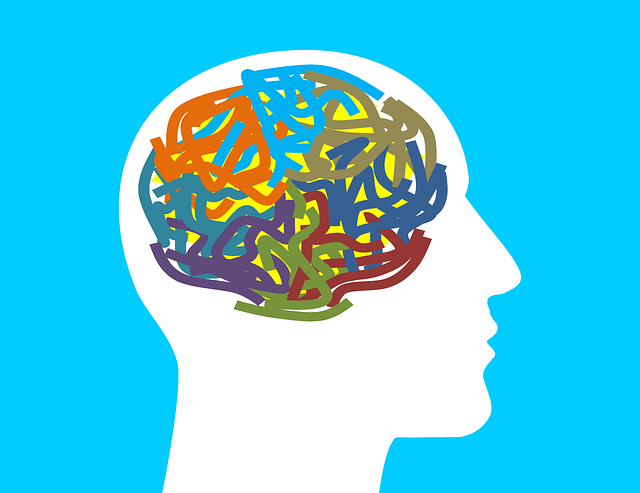
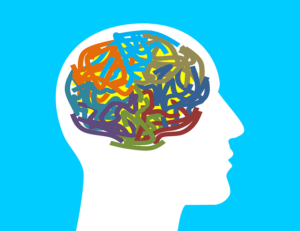 Interventions shown to be highly effective in treating symptoms of autism are already limited, but the options shrink even further in the presence of anxiety
Interventions shown to be highly effective in treating symptoms of autism are already limited, but the options shrink even further in the presence of anxiety 

